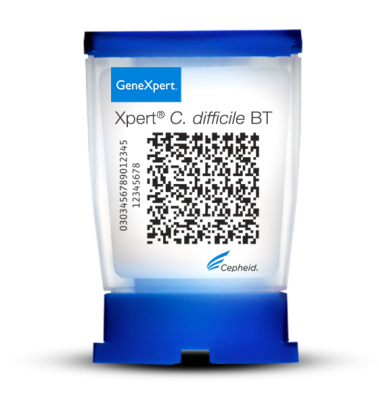Diff strains however this can be overcome by testing isolates for toxin production i e.
Stool c difficile toxin test.
Clostridium difficile testing clostridium difficile toolkit for long term care facilities recommendations for long term care facilities.
Diff is a type of bacteria that is associated with diarrhea resulting from antibiotic use.
Clostridium difficile commonly called c.
Diff are labor intensive require an appropriate culture.
Some hospitals use a glutamate dehydrogenase gdh test in conjunction with an enzyme immunoassay eia test.
Difficile toxin tests identify the presence of these bacteria genes associated with toxin production and or detect the toxins produced by them.
Clostridium difficile infection cdi may be suspected in residents with new onset of diarrhea who have 3 or more unformed stools conform to the shape of the container in a 24 hour period.
Enzyme immunoassay eia is most often used to discover substances produced by the bacteria.
C difficile can produce two toxins designated a and b that have pathogenic effects in humans.
Antibiotic associated pseudomembranous colitis has been shown to result from the action of these two toxins.
It is sent to a lab to be evaluated.
Your gastrointestinal gi tract is home to many healthy bacteria and sometimes c.
There are several ways to detect c difficile toxin in the stool sample.
This sensitive molecular test can rapidly detect the c.
A stool sample is needed.
There are numerous methods to spot c difficile toxin in the stool sample.
Difficile is one of them.
Difficile in stool samples.
Gdh is a very sensitive assay and can accurately rule out the presence of c.
Stool culture for c.
A doctor may request a c.
What is this test.
Clostridium difficile has been recently reclassified and renamed as.
Unlike most other lab tests a stool sample is often collected by parents at home not by health care professionals.
It is sent to a lab to be analyzed.
How stool c difficile toxin test is performed.
While this is the most sensitive test available it is the one most often associated with false positive results due to the presence of nontoxigenic c.
Clostridium difficile has been recently reclassified and renamed as clostridioides difficile but since many people still use the former name it will be used for the.
Difficile testing and c.
Difficile toxin stool test if your child has taken antibiotics in the past month or so and has had diarrhea for several days possibly accompanied by abdominal pain poor appetite and fever.
This test is quicker than older tests and easier to carry out.
This is a test to look at your stool for toxins produced by clostridium difficile bacteria.
Difficile testing and c.
This disease has been associated with clindamycin use but it is now recognized that pseudomembranous colitis can follow administration of virtually any antibiotic.
Nonetheless stool cultures for c.
A stool sample is required.
Difficile toxin b gene in a stool sample and is highly accurate.
Lab tests stool samples colon examination.

